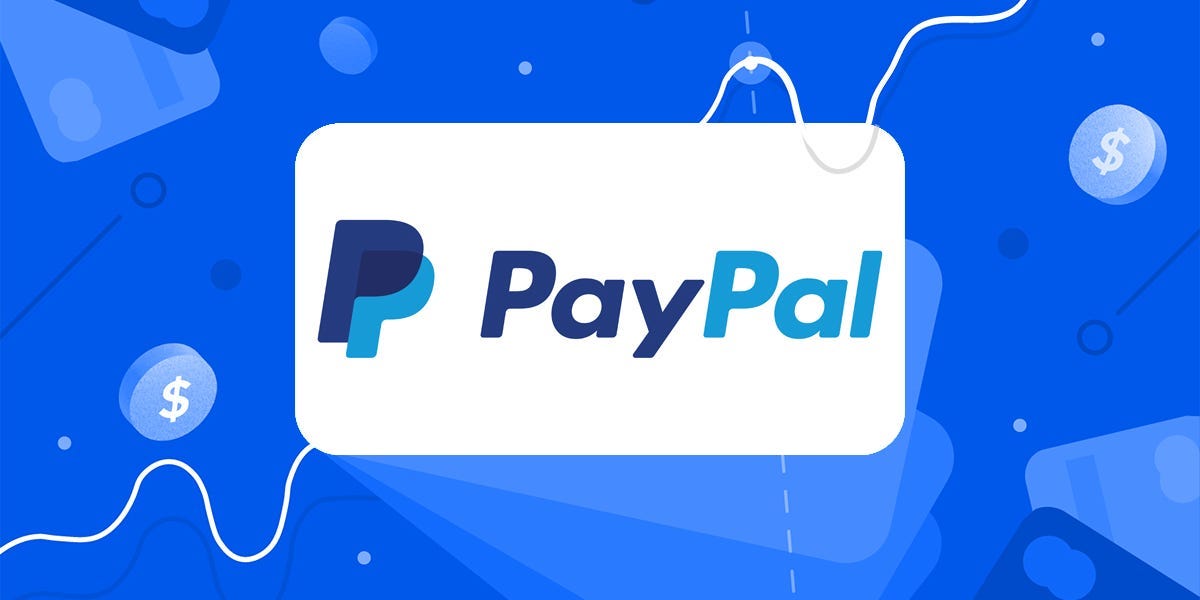
Written by coinkairaJanuary 26, 2025
PayPal Fined $2 Million for Cybersecurity Lapses Exposing Customer Data
Cybersecurity Article
PayPal has been fined $2 million by New York State’s Department of Financial Services (NYDFS) for failing to protect customers’ personal information. This includes Social Security numbers due to inadequate cybersecurity measures.
The NYDFS announced the fine on Thursday after an investigation revealed significant shortcomings in PayPal’s cybersecurity practices. Specifically, these failures left sensitive data—such as names, dates of birth, and Social Security numbers—exposed to cybercriminals for about seven weeks.
Furthermore, Adrienne Harris, the state’s financial services superintendent, criticized PayPal for not hiring qualified personnel to manage critical cybersecurity functions. In addition, she pointed out that the company failed to train its staff on managing cybersecurity risks. Consequently, these oversights directly contributed to the exposure of sensitive customer information. Proper training and staffing could have prevented the breach.
In response to the investigation, PayPal cooperated fully. Moreover, the company issued a statement reaffirming its commitment to safeguarding customer information and complying with regulatory standards. They stated, “Maintaining a secure platform and protecting our customers’ personal information is a top priority for us.” Additionally, PayPal highlighted its ongoing efforts to enhance security measures.
Details of the Data Leak
The breach first came to light on December 6, 2022. A security analyst discovered an online message indicating a vulnerability: “PP EXPLOIT TO GET SSN.” The next day, PayPal’s cybersecurity team noticed a spike in unauthorized access attempts. Investigations revealed that cybercriminals used a technique called “credential stuffing” to exploit the vulnerability. As a result, this tactic allowed them to access federal tax forms containing sensitive information for tens of thousands of users.
This incident occurred after PayPal modified its internal data flows to improve customer access to tax forms. Unfortunately, this change inadvertently exposed sensitive information.
Criticism of Weak Cybersecurity Measures
The NYDFS criticized PayPal for not implementing basic security measures. For example, the company did not use multifactor authentication (MFA) or CAPTCHA, which could have significantly reduced unauthorized access. Thus, these failures violated New York’s stringent cybersecurity regulations established in 2017.
PayPal’s Response and Future Actions
After the breach, PayPal took several steps to strengthen its security framework. First, they mandated multifactor authentication for all U.S. customer accounts. Next, they enforced password resets for affected accounts. Finally, they introduced CAPTCHA to prevent automated unauthorized access attempts.
Ultimately, the $2 million fine reflects PayPal’s failure to meet the necessary standards for protecting sensitive customer data.
In conclusion, Superintendent Harris emphasized the importance of robust cybersecurity protocols in today’s digital environment. She stated, “This case highlights the urgent need for companies to remain vigilant and proactive in safeguarding sensitive consumer information.”





Leave a Reply